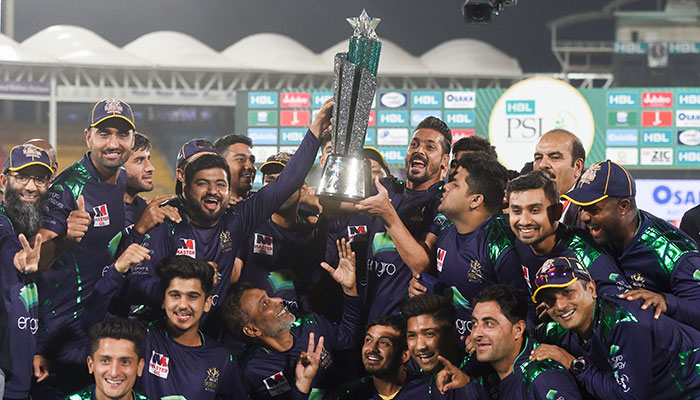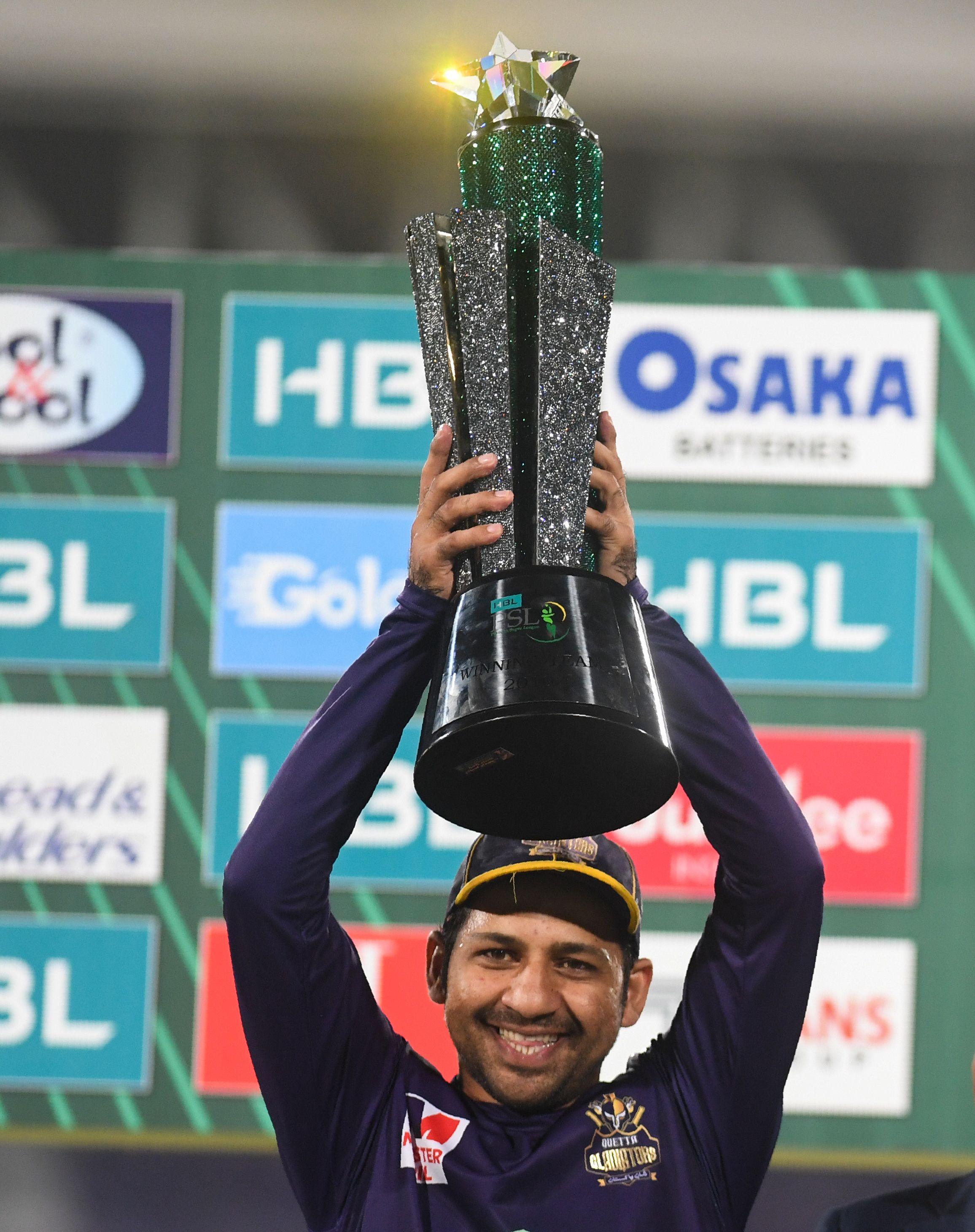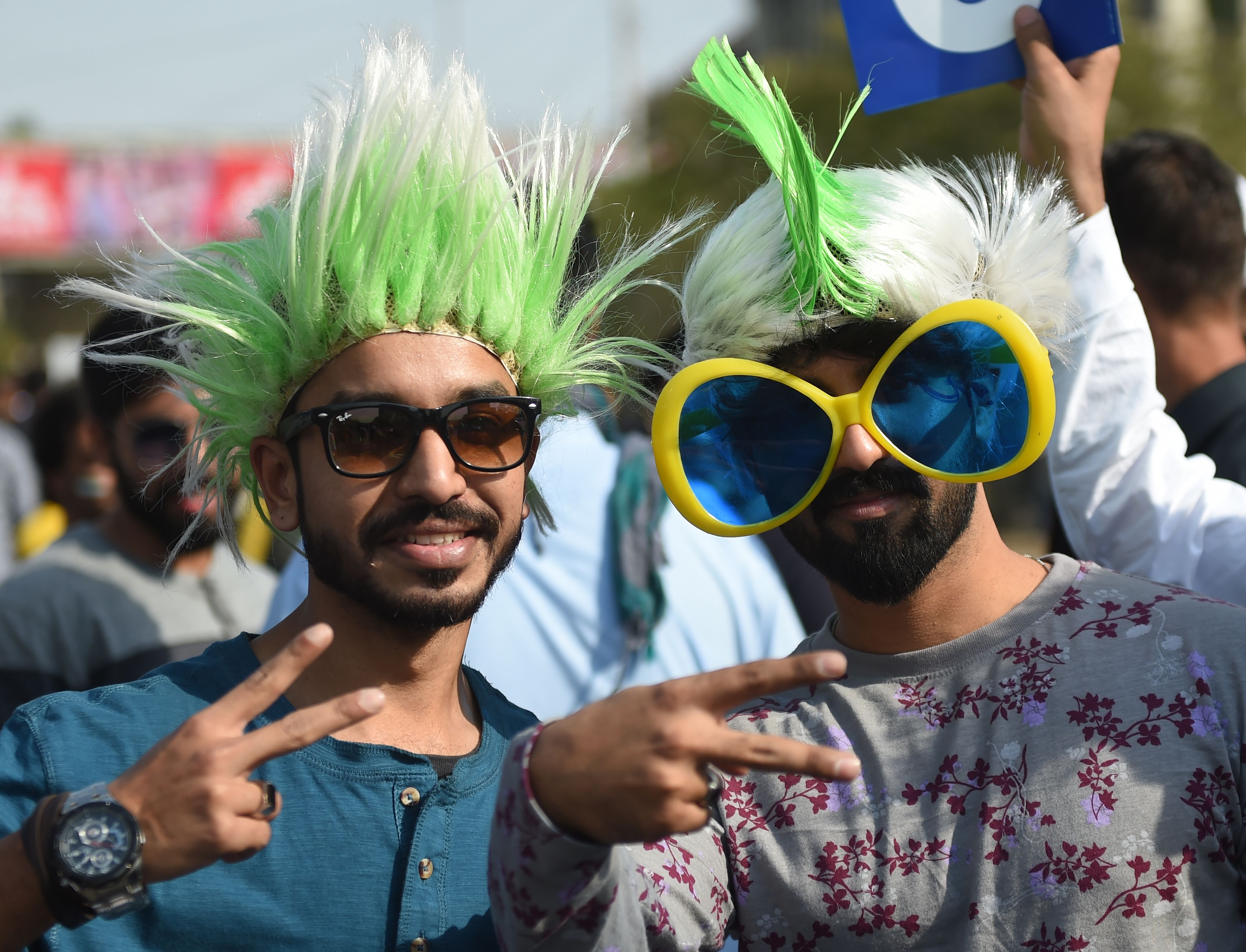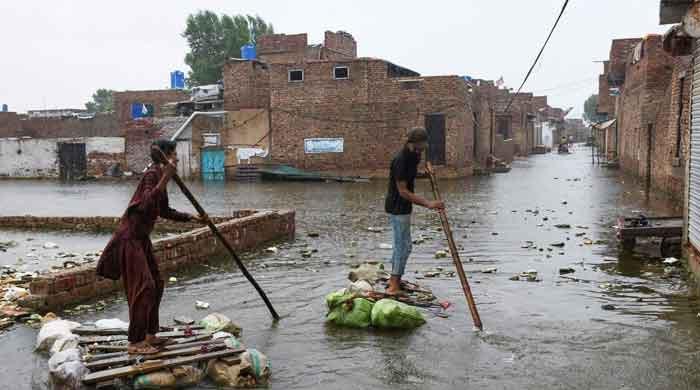PSL brings joy, hope to Pakistan
Hosting the entire PSL in Pakistan next year no longer seems outlandish, and in fact seems very much in the realm of possibility
March 18, 2019

The fourth edition of the Pakistan Super League (PSL) culminated in an electric National Stadium in Karachi, amid fireworks and a victory for Quetta Gladiators, easily the best team of the five-week long tournament.
The final, much like the three previous ones, sadly was a one-sided affair where the result was essentially a foregone conclusion after the first 20 overs when Zalmi’s innings finished at 138 runs only.
Quetta’s young gun, 18-year-old Muhammad Hasnain decimated the Zalmi batting with his ferocious fast bowling, taking three wickets including that of the Zalmi talisman and their most important batsman, Kieron Pollard. This performance resulted in him winning the Man of the Match award, as well as a spot in the national squad which will face Australia from March 22.
For Quetta, their most valuable player and easily the best batsman of the tournament, Shane Watson fell early in the innings due to a bad call by his partner Ahmed Shehzad. It was perhaps the only moment in their innings where Zalmi had a glimmer of hope to snatch a surprise win but it was not to be.
Attractive stroke play by the young Ahsan Ali ensured that Watson’s failure did not stop Sarfaraz’s men from their destiny and even after his departure for 25 with score at 66, opener Shehzad combined with South African Rilee Rossouw for an unbeaten 73 runs to hand Quetta their first PSL title at third attempt.
Looking back at the tournament, which this year saw its matches being played at three venues in United Arab Emirates and eight matches in Karachi’s National Stadium, it could be argued PSL4 appeared professional and confident, and it showed how the event was managed across the two countries despite facing some serious obstacles.
The tournament was being played at a time when Pakistan-India ties were precariously hanging on the edge.

First, a suicide-bomber detonated himself and killed almost 50 Indian paramilitary soldiers in Indian-occupied Kashmir on February 14, the first day of the tournament.
Few days later, India responded with aggression which resulted in an incident at Balakot in late February when Indian planes violated Pakistani airspace, an action which was later retaliated to by the Pakistani Air Force and ended up in capturing of an Indian pilot.
With a climate of Indian jingoism and hyper-nationalism permeating the air, PSL’s broadcaster decided to pull out of the tournament. The broadcast of PSL games in India was stopped and it became a very real concern that the foreign players, who had earlier committed to play the games in Pakistan, might not come due to the prevailing situation.
It was against such odds, when things looked pretty bleak and out of control for the Pakistan Cricket Board management, that the ability to resolve issues by the PSL organisers came to the fore.
Not only did they find a replacement broadcaster within a span of 72 hours, they relocated all the matches to Karachi but above all, convinced every single foreign player of the six franchises to play in Pakistan despite the political wrangling between the two neighbours.
And unlike the UAE leg, the matches in Karachi were a roaring success among the local population. They thronged to the stadium for all the games, and unofficial estimates put the count at over 200,000 in just eight games, with nearly every single one of them sold out.
At the concluding ceremony, the chairman of the PCB, Ehsan Mani, expressed his hope and ambition to host the entire PSL next year in Pakistan and while a year is a long, long time in Pakistan’s political and security landscape, this idea doesn’t seem outlandish anymore, and in fact seems very much in the realm of possibility.
Undoubtedly, there is a lot that needs to be improved. After the first edition of the tournament in 2016, the subsequent three editions have essentially been a replica.
There’s a sense of comfort and familiarity with hosting the tournament in UAE and that allows complacency to seep in without the board particularly trying to revamp and/or push the boundary in changing things a bit.
Further, the opening and closing ceremony can be taken as good example of the predictability and the mediocrity that is offered to the audience. Same old trite faces are trotted out in front of an adoring public, who lip-sync to taped music and try to rouse the crowd wielding unplugged electric guitars.

Mercifully, at least the quality of cricket lived up to the hype.
Compared to the previous tournaments, the pitches were slightly more conducive to batting which allowed for bigger scores and less attritional battles. The bowlers had to earn their keep and not just rely on the slowness of the pitch for batsmen to fail, which made for a more evenly matched contest between bat and ball.
There were some memorable performances and heists, such as South African AB de Villiers' stunning onslaught against Multan; Colin Ingram’s exceptional display of power hitting against the eventual winners Quetta where he scored the first century of the PSL4; and young left-arm tweaker Umer Khan who mesmerised everybody with a 15-wicket haul in the tournament.
The six teams did appear to be mostly at par with each other but once the tournament went underway, it was soon obvious that Quetta and Peshawar remained the benchmark for every other team due to their consistency and no-nonsense attitude.
Islamabad United, otherwise a most cohesive unit and twice champions, appeared lacklustre and inconsistent which came as a surprise. Karachi Kings, too, flickered here and there but couldn’t stamp their authority despite appearing as the strongest squad on paper before the tournament began. However, at least these two did make it to the next round.
Multan Sultans, playing their second PSL, could easily lay claim for the title of team with the most aesthetically pleasing kit but on the field their performance was sadly not up to the mark. Despite possessing a decent squad, it appeared that the backroom staff couldn’t form a cohesive strategy for the team to deliver on its promise. They ended the tournament at 5th position.
But for the fourth time running, the most visible franchise of the PSL, Lahore Qalandars picked up the wooden spoon, much to the chagrin of their owner Fawad Rana. Despite having the choice of first draft pick, which they used to get hold of de Villiers, it is quite simply unfathomable how the team continues to underperform with such consistency despite a squad which could truly give any team in the world a tough fight.
Perhaps the owners might want to tweak the backroom staff rather than changing and chopping the team too much to ensure a change in fortune for next year.











